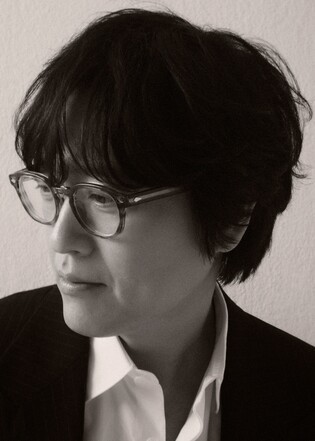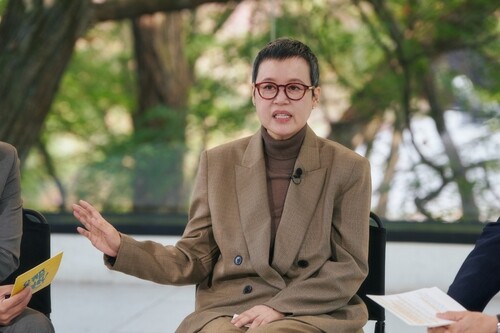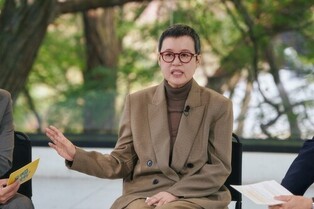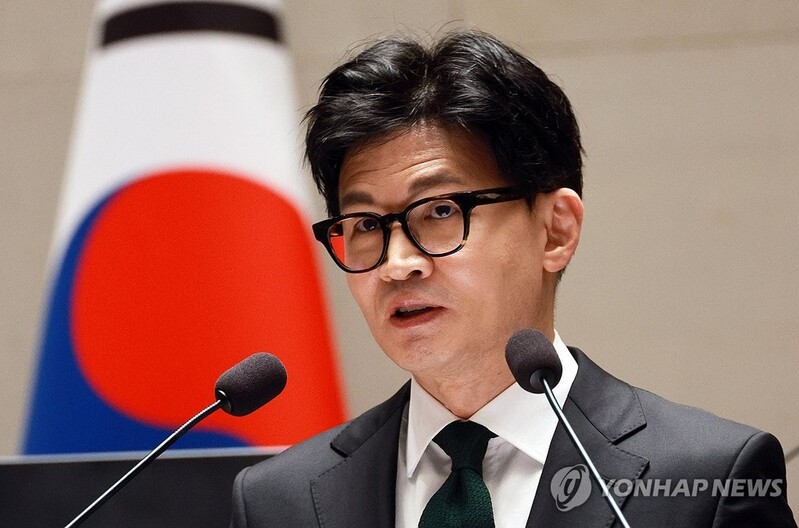 |
| ▲ In this file photo taken Dec. 6, 2023, Justice Minister Han Dong-hoon, now the People Power Party chairman, gives a speech about his plans to establish an independent immigration agency at the National Assembly in Seoul. (Yonhap) |
PPP-immigration agency
Ruling party proposes revision bill calling for establishment of immigration agency
SEOUL, Feb. 2 (Yonhap) -- The ruling People Power Party (PPP) on Friday proposed a revision bill calling for the establishment of an independent government agency handling immigration affairs, a lawmaker said Friday, in a move to tackle South Korea's population decline.
The revision to the Government Organization Act -- submitted to parliament earlier in the day -- aims to establish an immigration agency under the control of the justice minister to handle immigration services.
"Establishing an immigration agency is a crucial issue that cannot be delayed anymore for the future (of South Korea)," said Jeong Jeom-sig, a PPP lawmaker who sponsored the bill. He said the immigration agency can serve as a control tower for immigration and entry policies and address complex issues surrounding immigration.
Party leader Han Dong-hoon pushed for the creation of the immigration agency when he was justice minister, saying South Korea should embrace more foreigners to address its decline in the working age population.
South Korea has seen its population fall each year since 2020, when it recorded its first population decline. Last year's population stood at 51.32 million, a fall of 113,000 people, or a 0.22 percent drop, from a year earlier, according to government statistics.
The working-age population, or people aged 15 to 64, declined 0.96 percent from a year ago to about 35.9 million in 2023, accounting for 70 percent of the total number of registered residents.
The number of foreigners who were naturalized between January 2018 and May 2023 and live in South Korea stood at 51,000 as of May last year, according to government statistics. Among them, Vietnamese accounted for 41 percent with 21,000, followed by ethnic Koreans from China at 17,000, Chinese at 6,000 and individuals from other Asian countries at 7,000, with non-Asians comprising 1,000.
(END)
<저작권자(c) 연합뉴스, 무단 전재-재배포, AI 학습 및 활용 금지>
(C) Yonhap News Agency. All Rights Reserved




















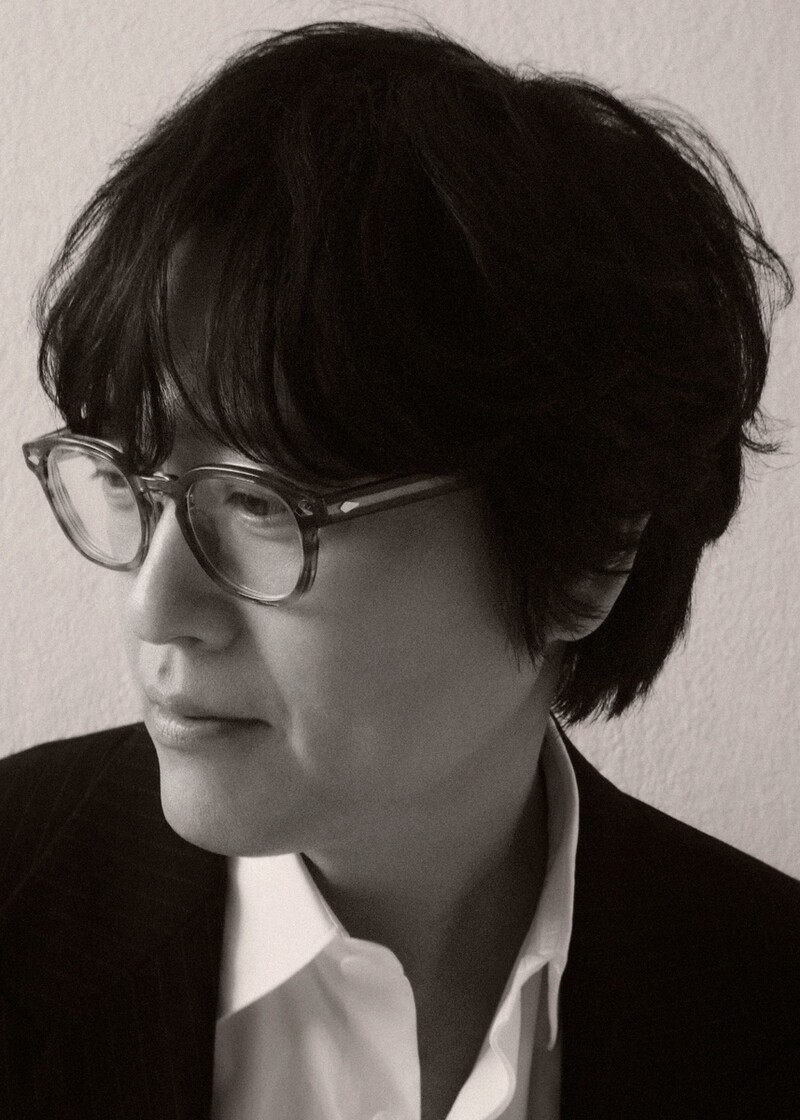
![[가요소식] 조항조, 새 싱글](/news/data/20251116/yna1065624915927473_582_h2.jpg)

